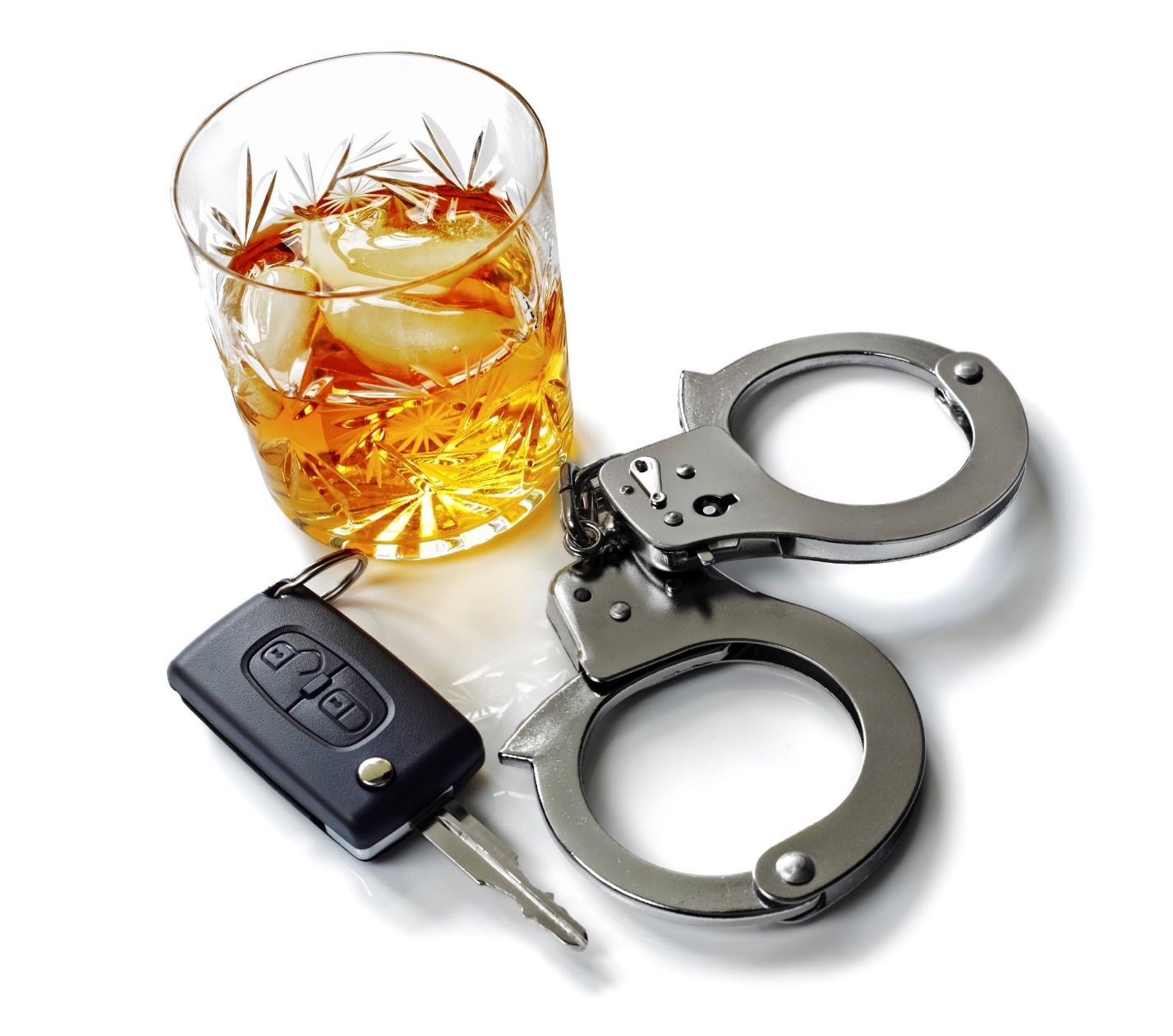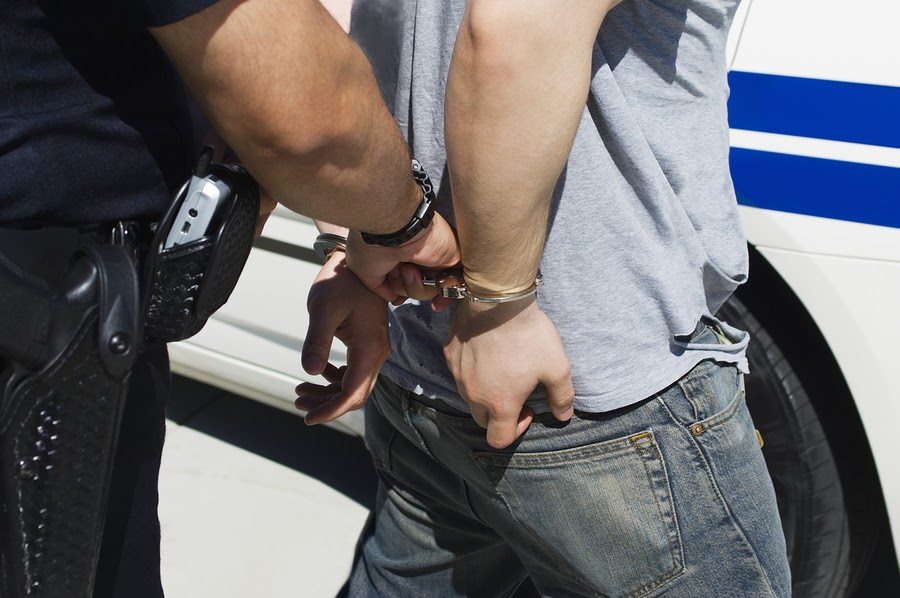If you’re on probation, you need to be extremely careful. There are dozens of minor missteps that can trigger a probation violation in New Jersey. Failing to check in with your probation officer, failing to alert probation of changes in your address, and especially getting arrested for a new crime can seriously hurt your chances of completing probation, and may send you straight to jail.
However, DWI in New Jersey is not technically a “crime,” and is considered an especially severe traffic offense. So, does that trigger a probation violation? The Atlantic City probation violation lawyers at the Law Offices of John J. Zarych will help explain some of the technicalities of DWI as a probation violation in New Jersey.
Is Drunk Driving a Probation Violation in NJ?
The conditions of probation in your case depend heavily on the crime you are on probation for. In many cases, the “standard” terms of probation found in N.J.S.A. § 2C:45-1 may apply. These standard terms allow the court to require a probationer to find a job, undergo medical or psychiatric evaluations, go to school, stay away from seedy locations, stay in the State, pay fines, and satisfy other conditions. In some cases, terms of your probation may require you to stay away from places like schools or the victim’s workplace, prevent you from using a computer, or require drug testing. In any case, though, you may not commit another crime.
Probation violations are handled under N.J.S.A. § 2C:45-3. In general, we think of a probation violation as committing another “crime” while on probation. In actuality, the language of New Jersey’s probation violation statute speaks in terms of “another offense,” not a “crime.” This statute allows a defendant to be re-arrested upon probable cause that they committed another offense, and allows probation to be revoked if they are convicted of another offense.
The term “offense” is interesting in New Jersey law. New Jersey does not have “felonies” and “misdemeanors” like most states and the federal government. In most places, misdemeanors are crimes punished with less than one year in jail, and felonies are crimes punished by more than one year. However, in New Jersey, the term “crime” only refers to offenses punished by over a year in prison. Misdemeanors and other offenses punished by less than a year in jail are referred to as “disorderly persons offenses.” The general term “offenses” may even include traffic offenses and local ordinance violations and citations.

Because probation can be violated for other “offenses,” not just for “crimes,” committing a DWI will likely violate your probation. Even though DWI is a traffic offense in New Jersey, the severity of the offense will likely be enough to violate the terms of your probation.
Penalties for DWI Probation Violations
If your initial probation was from a DWI crime, your punishments may not be as severe as if the probation were based on another offense. Since probation is usually only given as an alternative to jail time, a probation violation means going back to jail and serving the full sentence. Probation is usually a “suspended sentence.” In this system, you are sentenced to some jail term, but the sentence is “suspended,” and you are allowed to remain out of jail on probation for as long as you comply with the terms. If you serve your full probation time without issue, the jail term is removed and your sentence is satisfied. A violation reactivates the jail term, and revokes the “suspended” sentence.
With DWI, probation may be given as a supplemental punishment. Jail is not always necessary, especially for first DWI offenses. If you are placed under terms of supervision or placed on probation, this will usually be used as a tool to carry out other penalties. For instance, the probation department may responsible for monitoring:
- Community service requirements;
- Visitation at a trauma center, alcoholic counseling center, or morgue (which can be ordered as a penalty to help you understand the risks of drunk driving); or
- An ignition interlock (a device that prevents you from starting your car without a clean breath sample).

A DWI probation may not be full probation, and there might not be a risk of going to jail for a violation. However, there must be some penalty to ensure you complete the requirements of your probation, so violating probation may mean additional punishments.
If you commit another DWI while on probation or under a DWI license suspension, you will face serious consequences for violating your suspension and for the new DWI charges.
South Jersey Probation Violation Lawyers
The Atlantic City criminal defense attorneys at the law offices of John J. Zarych help people on probation avoid triggering violations, and help those accused of DWI challenge the charges against them. For a free consultation on your case, contact our attorneys today at (609) 616-4956







